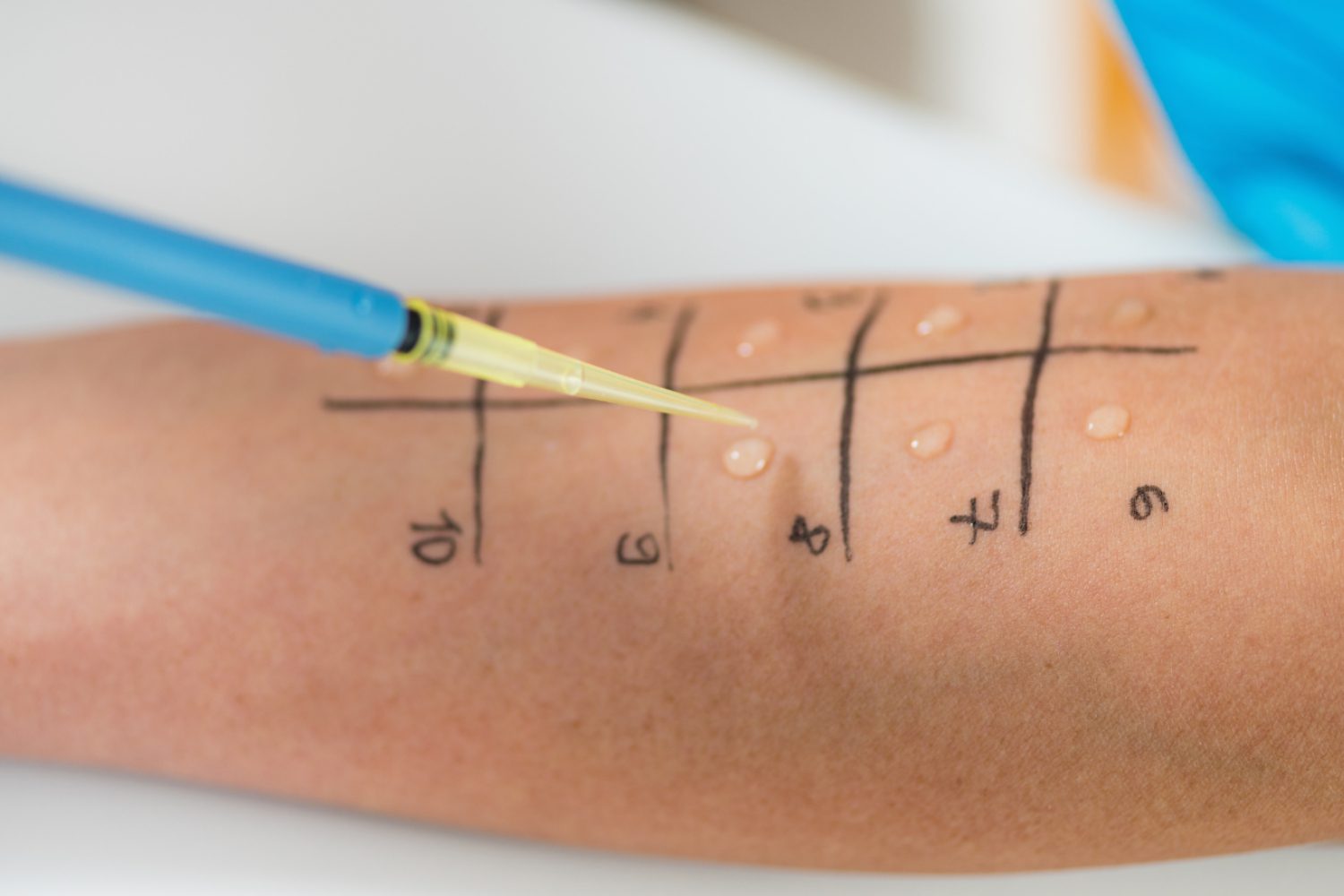Allergies Specialist
New York Medical and Vascular Care
Cardiologists, Vascular Doctors, Podiatrists, Gastroenterologists, Physical Therapists, Pediatricians, Internal Medicine and Family Medicine Physicians Serving Patients in Sheepshead Bay, Marine Park, Flatlands & Midwood, Brooklyn, New York, Astoria Queens, New York, & Manhattan, New York
Get in Touch
"*" indicates required fields

Allergies Q & A
What are allergies?
Allergies affect everyone differently. For some people, they’re a minor annoyance; for others, they can result in a life-threatening reaction known as anaphylaxis. Unfortunately, there’s no cure for allergies, but with healthy lifestyle changes and medication, keeping them in check is possible.
What are the symptoms of allergies?
Allergies can affect the sinuses, digestive system, skin, or airways. Common symptoms include
- Sneezing
- Watery eyes
- Runny nose
- Swelling of the lips or tongue
- Hives (welts)
- Itching
- Chest tightness
- Trouble breathing
- Red or irritated skin
Serious allergic reactions may trigger anaphylaxis. Anaphylaxis symptoms include a loss of consciousness, lightheadedness, a drop in blood pressure, nausea, and vomiting.
Who is at risk of experiencing allergies?
How are allergies treated?
The New York Medical Vascular Care team offers several other allergy treatments, including prescription medication, immunotherapy, and emergency epinephrine.
If allergies keep you from living your ideal life, schedule an appointment at New York Medical Vascular Care. Call the office nearest you, or book online today.
How are allergies diagnosed?
To diagnose allergies, the New York Medical Vascular Care team reviews your medical history and asks about your symptoms, including their severity, frequency, and effect on your quality of life.
Your provider may order screening tests, such as
Skin Test
Do you experience leg fatigue, cramping, and pain? You might have Peripheral Vascular Disease.
Ask us how we can help today.
